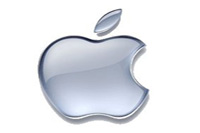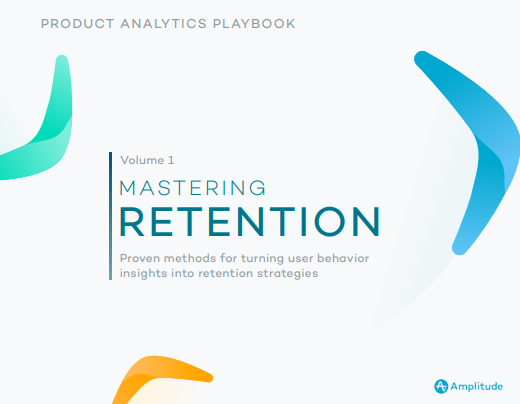
Sign up today and you will receive a free copy of our Future Focus 2025 report - the leading guidance on AI, cybersecurity and other IT challenges as per 700+ senior executives
You are now subscribed
Your newsletter sign-up was successful
Apple has moved a significant portion of its backend cloud systems from Amazon Web Services (AWS) to Google Cloud Platform, according to reports.
Apple signed with Google late last year, greatly reducing its reliance on AWS for its iCloud infrastructure as a result of the new partnership, accoridng to CRN, citing anonymous sources familiar with the situation.
Google officials have divulged to partners that Apple is spending in the region of $400 million to $600 million on its cloud platform, the sources claimed, though this has not been confirmed, and the range at these figures refer to was not clarified.
Despite moving a large portion of its infrastructure to Google’s servers, Apple remains an AWS customer.
None of the three tech giants in this enterprise deal have commented on these supposed shift.
Analysts at Morgan Stanley have estimated that Apple spends around $1 billion annually on AWS, but predicted that Apple is looking to reduce that figure by moving more computing to its own datacentres.
Apple is spending billions to build new datacentres in Nevada, Oregon, Ireland and Denmark.
Sign up today and you will receive a free copy of our Future Focus 2025 report - the leading guidance on AI, cybersecurity and other IT challenges as per 700+ senior executives
The first of its new facilities is set to open later this year, and it is possible that Apple will cease its reliance on any external cloud providers.
Apple has reportedly set up an internal team, codenamed ‘McQueen’, to oversee its transition to a self-sustaining cloud infrastructure, according to a follow-up report from Re/code, citing sources who said Apple could break even with its own datacentres in three years compared to the fees it is paying external cloud providers.
Apple, Amazon and Google may seem like unlikely bedfellows, but reports dating back to the early days of iCloud claim that Apple was running its cloud service on Microsoft Azure.
-
 Why you should invest in your CRM system
Why you should invest in your CRM systemSponsored A unified and better integrated service can boost efficiency, digital transformation and customer experience
-
 How to boost ROI from your CRM system
How to boost ROI from your CRM systemSponsored To deliver the results you want, you need to understand the full capabilities of your CRM system
-
 Twilio tackles 'crucial' customer retention with trio of platform upgrades
Twilio tackles 'crucial' customer retention with trio of platform upgradesNews The company believes that retaining customers and maximising LTV is crucial in weathering the current macroeconomic headwinds
-
 Mastering retention
Mastering retentionWhitepaper Turning user behaviour insights into retention strategies
-
 How customer relationship management (CRM) can help your business
How customer relationship management (CRM) can help your businessIn-depth Are you still keeping customer details in a simple database or spreadsheet? There are several benefits of adopting an integrated CRM system
-
 Microsoft announces Teams chat integration for Dynamics 365
Microsoft announces Teams chat integration for Dynamics 365News The integration offers features to streamline collaboration between teams while aiming to enable the faster closing of sales
-
 1.2m businesses now eligible for UK gov's software discounts
1.2m businesses now eligible for UK gov's software discountsNews Help to Grow: Digital scheme offers up to £5,000 off selected CRM and e-commerce software
-
 Trust is vital to the future of customer experience
Trust is vital to the future of customer experienceSponsored As third-party cookies enter their twilight, more trustworthy systems are essential to deliver the kind of digital relationships companies and customers need

